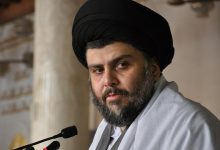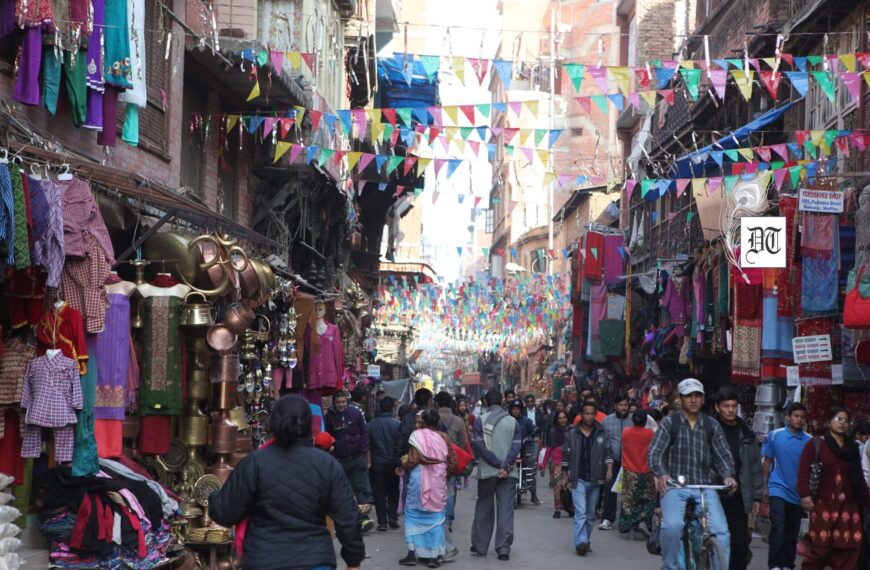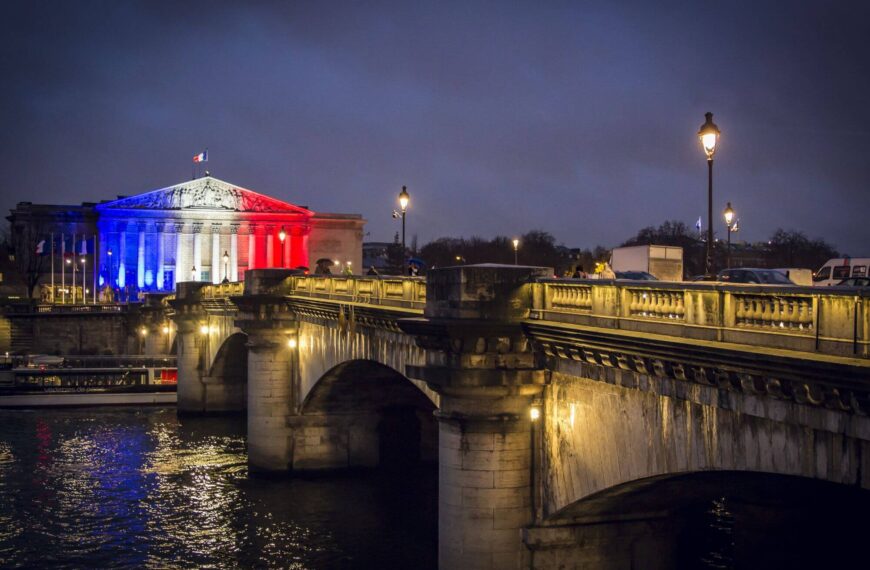India is among the top contributors in terms of contingent troops, police, experts on mission, and staff officer. By 2016, India had emerged as the second largest contributor in this regard with 7471 peacekeepers in the UN peacekeeping force. It’s an irony that the contribution of the country is acknowledged in words by all the countries, but is not reflected in their action to pave way for India’s entry into the group of permanent members. A report, for Different Truths.
India’s contribution in peacekeeping around the world has been recognised and applauded once again during the International Day of United Nations Peacekeepers for laying down highest number of lives since 1948. A total of 163 military, police, and civilian personnel from the country laid down their lives during peace missions in the last 70 years out of the total 3737 died.
The country is also among the top contributors in terms of contingent troops, police, experts on mission, and staff officer. By 2016, India had emerged as the second largest contributor in this regard with 7471 peacekeepers in the UN peacekeeping force.
It’s an irony that the contribution of the country is acknowledged in words by all the countries, but is not reflected in their action to pave way for India’s entry into the group of permanent members, which make their words only sanctimonious. The five permanent members – China, France, Russian Federation, the United Kingdom, and the United States – have always been showing the attitude of holier-than-thou, but far behind in contribution in terms of military, police and civilian personnel in maintaining and establishing peace around the world. Barring China, no other permanent members were even within top 25 contributor countries of the world.
China was 12th largest contributor with 2639 personnel into the UN peacekeeping force in 2016, though the country has historically been reluctant to intervene in other countries and traditionally did not provide peacekeepers. However, that has only recently been changed and playing an active role in sending personnel to the UN peacekeeping forces.
As of August 2017, India has participated in about 50 out of 71 UN peacekeeping operations undertaken. India is currently the third largest contributor of military and police personnel with 6693 now deployed in Abyei, Cyprus, Congo, Haiti, Lebanon, the Middle East, South Sudan and Western Sahara. Presently, over 96,000 uniformed personnel from 124 troop and police-contributing countries are serving under the blue flag, alongside more than 15,000 international and national civilian staff and nearly 1,600 United Nations Volunteers. India’s contribution in this regard is around 7 percent which is commendable even in numbers, apart from its impeccable track-record of performance in the field saving and protecting countless lives and advancing the cause of peace.
15-member UN Security Council has ten non-permanent member countries who are elected for a two-year term. India has been selected seven times as non-permanent member – first in 1950 – 1951 and the last time in 2011 – 2012, which is of course a sort of recognition of its contribution, but the reward is much less than its sacrifice in maintaining and establishing peace around the world as compared to the five permanent members of the security council.
It should be viewed in the light of the mandate, which put the primary responsibility for maintaining international peace and security on the Security Council, and therefore, it goes without saying that the permanent member states must contribute and sacrifice more than any other members of the United Nations because they are only the permanent ones. Those who are contributing less are commanding more. They have established a hegemony, and have been directly and indirectly blocking any other country’s entry into this group, even when the track-record of sacrifice in maintaining peace around the world shows the highest level of performance such as of India. It exposes their bias and selfishness clearly contrary to wisdom and justice.
They have made such a rule as ‘a state which is a member of the United Nations but not of the Security Council may participate, without a vote, in its discussions’. It is also against the very principle of democracy.
Moreover, a very disrespectful logic is generally brought forward about the contribution in terms of military force as peacekeepers. The countries providing more personnel, and sacrificing more lives for the cause of peace, are looked down upon as a poor who generally suffers disrespectful treatments at the hand of the rich even when laying his life for them. In the present case, to belittle the sacrifice, it is said that Ethopia, the largest contributor of personnel, and South Asian countries have traditionally been top providers for peacekeepers, because they are paid more than in their countries. India, Pakistan, and Bangladesh are all in the top five, and Nepal is sixth in terms of peacekeepers. The UN pays a standardized reimbursement rate that is higher than the cost of that troop’s salary. For example, an entry-level soldier in India makes about Rs 25,000 (approximately $366) per month, but the UN will reimburse the government of India the standard rate of $1,332 per soldier per month. Such a logic is certainly not acceptable in a civilized society, which honours a person sacrificing his life for protecting innocents in a bid to establish peace, though he is employed and getting a handsome salary. Sacrifice of an individual or a country in the human cause must be honoured. It is more so because the UN does not pay in time. The UN, as of April 30, 2018, owes India $92 million for troops, formed police units and contingent-owned equipment.
Gyan Pathak
©IPA Service
Photo from the Internet





 By
By

